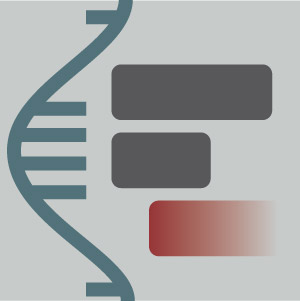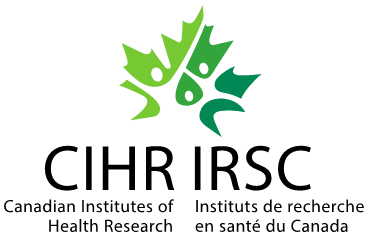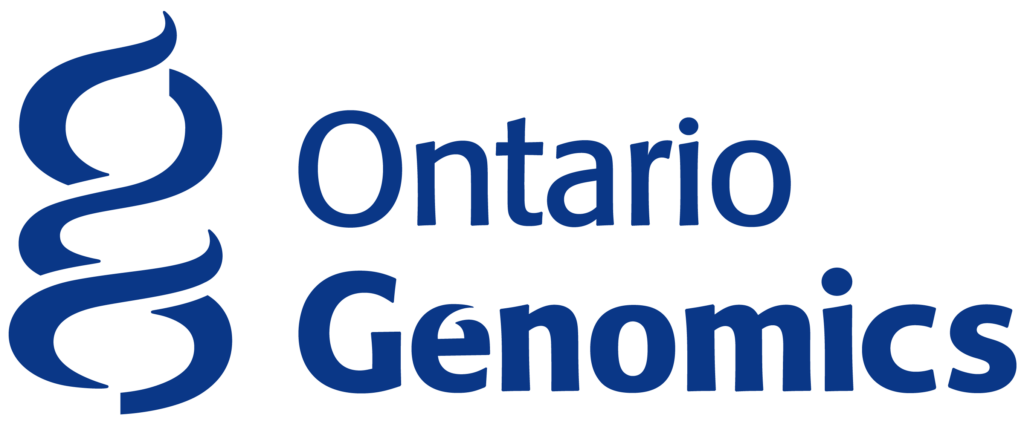
Biological research generates huge amounts of next-generation sequencing (NGS) data, including RNA-seq. Scientists must have specialized skills and knowledge to effectively collect, analyze, and interpret this data. While most bioinformatics tools require significant programming knowledge to use, which presents a barrier to new bioinformaticians without a computational background, the Galaxy platform allows researchers to perform analyses using a graphical interface.
Through lectures and hands-on labs, this 3-day French-language CBW course will provide participants with a comprehensive understanding of the fundamental principles of RNA-seq analysis and the skills to perform this analysis themselves without needing to learn the command line. Each lecture-lab module is designed as a distinct unit and all materials will be available open-access after the workshop concludes. Participants will work through a real case scenario, starting from a publication containing RNA-seq data, moving to quality control, mapping, gene quantification, differential analysis, and functional enrichment using gold standard tools (fastq-dump, FASTQC, fastp, STAR, featurecounts, DESEQ2, g:Profiler). We will also open a Bring your own data session, giving the opportunity to talk with experts about their NGS projects.
By the conclusion of the workshop, participants will have practical experience and skills in:
- Understanding library preparation protocols for RNA-seq and experimental designs
- Using Galaxy to perform bioinformatics analysis, share content, manage projects, and produce workflow
- Downloading publicly available data from GEO/SRA
- Assessing quality of RNA-seq data and perform read trimming
- Understanding reference genome and transcriptome annotations
- Mapping RNA-seq data to a reference genome with STAR
- Visualizing RNA-seq alignments with IGV
- Estimating gene expression with featurecounts
- Performing differential expression analysis with DESEQ2
- Performing and interpreting principal component analysis (PCA) and hierarchical clustering for outlier detection
- Performing enrichment analysis with g:Profiler
Graduates, postgraduates, post-doctoral researchers, PIs, physicians whose research involves next-generation (and more specifically RNA-seq) data. Open to all public health, hospitals, academia, industry, or government affiliations.
You will require your own laptop computer. Minimum requirements: 1024×768 screen resolution, 1.5GHz CPU, 2GB RAM, 10GB free disk space, recent versions of Windows, Mac OS X or Linux (Most computers purchased in the past 3-4 years likely meet these requirements).
This workshop requires participants to complete pre-workshop tasks and readings.
Module 1 Lecture: Introduction to RNA-seq
- Introduction to NGS data
- Diversity of protocols
- Library preparation
- Introduction to RNA-seq
- Experimental design
Module 1 Lab Practical
- Introduction to Galaxy (live demo)
- Upload data from computer or database
- Download/share data
- Datatypes
- Explore available tools
- Manage History
- Download raw RNA-seq data from a publication
- Perform and interpret data QC from raw data
- Trimming
Module 2 Lecture: RNA-seq pipelines and file formats
- Pipeline for basic analysis: differential expression analysis
- Alignment vs assembly vs pseudo-alignment
- How to choose a reference genome/annotation
- Mapping with STAR and salmon
- Post-alignment QC
Module 2 Lab Practical
- Alignment
- RNA-seq alignment visualization with IGV
- Alignment QC
- Predict read strandness for quantification
- Gene quantification with featurecounts
Module 3 Lecture: RNA-seq differential analysis
- Data normalization
- Differential expression with DESeq2
- Introduction to functional characterization
Module 3 Lab Practical
- Differential expression with DESeq2
- Outlier detection (PCA) and batch correction
- How to define the list of DEGs
- Data representation (volcano plot, heatmap, correlation matrix…)
- Principle of functional characterization
- g:Profiler with Gene Ontology, KEGG and Reactome
- Pathview
Module 4: Introduction to Integrative Assignment and Bring-Your-Own Data portion
Participants will work through an integrative assignment that brings together all principles discussed in the workshop with new datasets. They will also have the opportunity to discuss their own research projects and datasets with both the faculty team and other participants.
- Bring your own dataset for personal counseling about your project:
ChIP-seq, RIP-seq, ATAC-seq, CUT&RUN, small RNA-seq, single cell RNA-seq
- experimental design for future projects
- choosing a pipeline
- how to explore results
- which figures are relevant
- what to do next
AND
- Integrative Assignment: Advanced RNA-seq data analysis for isoform quantification and exon usage
Duration: 3 days
Start: Aug 11, 2025
End: Aug 13, 2025
Status: Registration Closed
Workshop Ended

Canadian Bioinformatics Workshops promotes open access. Past workshop content is available under a Creative Commons License.
Posted on:
 Download the poster announcing this workshop
Download the poster announcing this workshop


